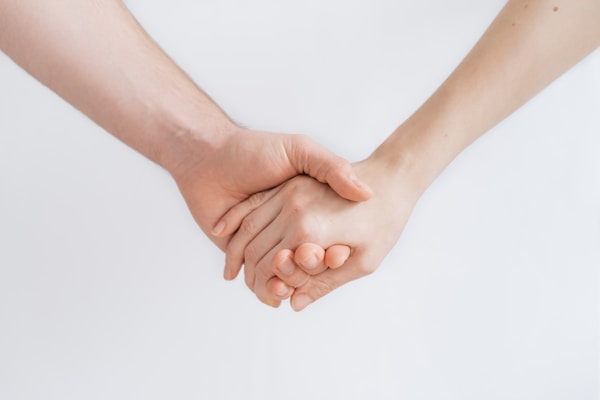Addiction is a complex disease that can have a devastating impact on individuals and families. Fortunately, many addiction treatments are available. A holistic approach to creating a treatment plan is always best. There are many aspects to your recovery journey, and addressing your physical health is only one piece of the puzzle. The truth is that in addiction recovery, it is important to maintain a sense of community. This can be done by attending support groups, participating in activities, and staying connected with others. If you’re in need of advice or don’t know where to look for help, keep reading to learn how to maintain a sense of community in addiction recovery.
How can you maintain a sense of community in addiction recovery?

Many people find that attending support groups and 12-step programs are necessary to maintain a sense of community in addiction recovery. These groups provide a safe and supportive environment where people can share their experiences and learn from others. They can also help to build a strong support network, which can be invaluable during difficult times. Finding sober group activities to participate in can make a significant difference in your mood and quality of life. Participating in group activities can enable people to feel connected to others who are going through similar experiences, and this can be incredibly useful in terms of recovering from addiction.
If you find yourself thinking, “I’m so lonely,” you should remember that you’re not alone. Even small lifestyle changes, like being more conversational with strangers, can have an impact on the way you feel on a day-to-day basis. One way to meet new people is to find hobbies and activities to participate in. This can be a great way to not only meet new people but to also make new friends who have similar interests. When looking for a new hobby or activity to participate in, look for something that you’re genuinely interested in and that you can see yourself sticking with
You should also look for ways to get involved in your local community. When you’re active in your community, you’ll feel more connected to it and be less likely to relapse. Participating in community events also allows you to meet new people and make friends. You might be surprised to learn there’s more to do in your neighborhood than you realized.
What else can you do to support your sobriety?

When it comes to addiction recovery, therapy is an essential part of the process. This is because therapy can help you understand why you became addicted in the first place, and it can also teach you how to cope with triggers and cravings. In addition, therapy can provide you with support and guidance as you work through your addiction. If you are considering therapy as part of your addiction recovery plan, find a therapist who specializes in addiction treatment. This will ensure that you receive the most effective care. If you are not sure where to find a therapist, your doctor or local addiction treatment center can likely provide you with a list of qualified professionals.
Addiction can be a difficult thing to overcome, but with the right tools and support, it is definitely possible. One of the tools you’ll need in overcoming addiction is learning to identify and avoid triggers. A trigger is something that sets off a craving for drugs or alcohol. It can be a person, place, thing, or event that causes you to feel the urge to use. When you know your triggers, you can take steps to avoid them. If you can learn to identify your triggers and minimize your exposure to them, you will be much more likely to stay sober.
Overall, it is of the utmost importance to maintain a sense of community in addiction recovery. It is crucial for individuals in addiction recovery to feel a sense of community and to feel connected to others who are going through or have gone through similar experiences. This connection can provide support, encouragement, and a sense of belonging that is required for long-term recovery. You should prioritize making healthy lifestyle choices too, like avoiding unnecessary engagement with things that are triggering and participating in ongoing therapeutic treatment.



